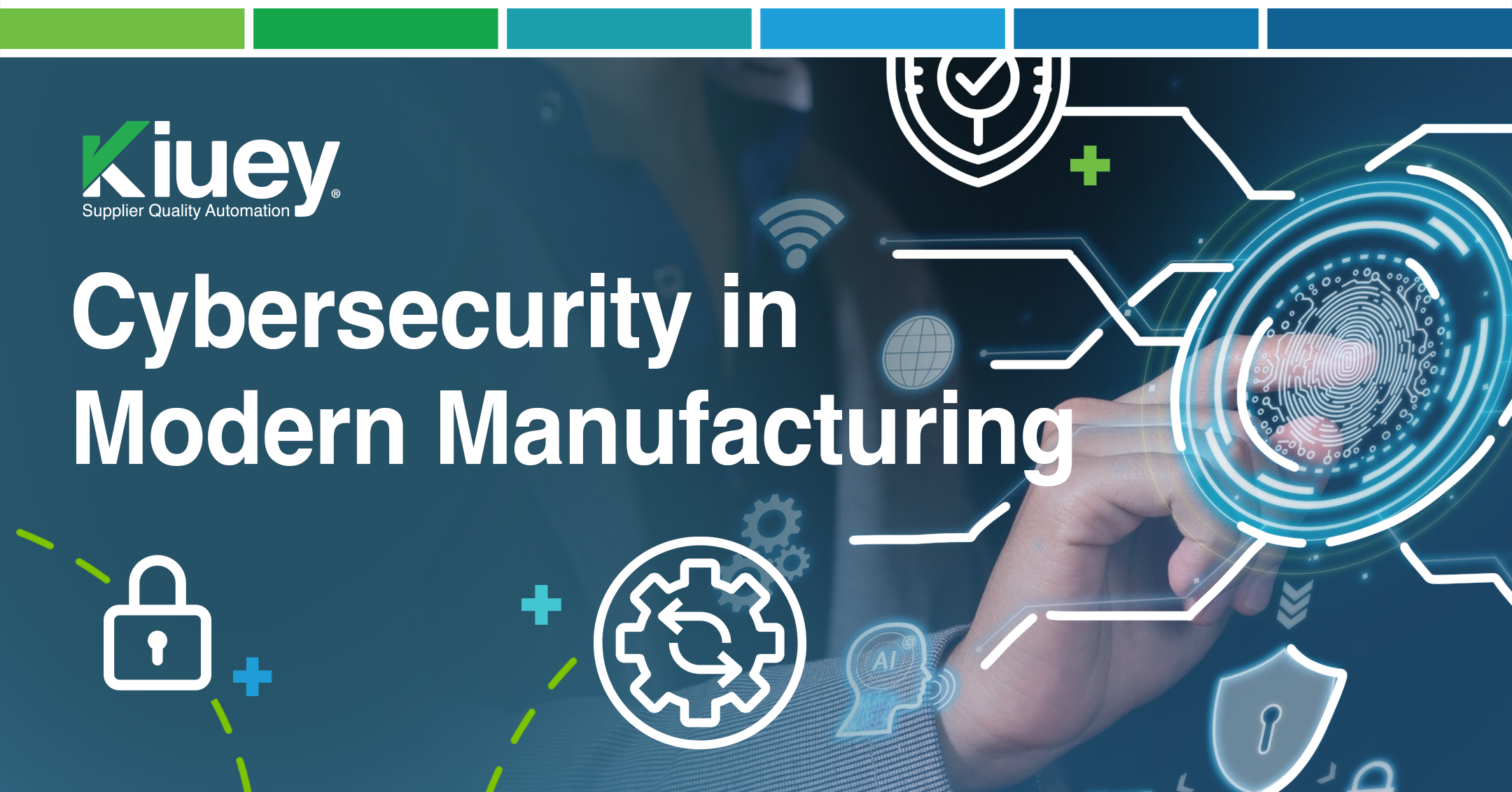
As a supplier quality engineer, you’re the guardian of quality throughout the manufacturing supply chain. You ensure parts meet specifications, processes are efficient, and ultimately, the final product is reliable and safe. But in today’s interconnected world, a new threat lurks – cyberattacks on the supply chain.
Why Cybersecurity Matters in Manufacturing
Modern manufacturing relies heavily on digital technologies. We have interconnected networks, cloud-based data storage, and automated production lines – all of which create vulnerabilities. Malicious actors can exploit these vulnerabilities to disrupt production, steal intellectual property, or compromise product safety.
Here’s why cybersecurity should be on your radar:
- Supply Chains are a Weak Link: Often, a manufacturer’s own cybersecurity is robust, but their suppliers might have weaker defenses. Hackers can target a less secure supplier, gain access to the network, and then move laterally to infiltrate the manufacturer’s systems.
- Data Breaches & Intellectual Property Theft: Cyberattacks can lead to the theft of sensitive data, like product designs, trade secrets, or customer information. This can put a company at a competitive disadvantage and damage its reputation.
- Operational Disruptions: Ransomware attacks can cripple entire production lines, leading to costly downtime and impacting delivery schedules. Additionally, manipulated data from compromised systems can lead to production errors and safety hazards.
Building a Secure Supply Chain
As a supplier quality engineer, you play a crucial role in building a secure supply chain. Here are some strategies you can implement:
- Vendor Risk Management: Before onboarding a supplier, assess their cybersecurity posture. This includes requesting information about their security protocols, data encryption practices, and incident response plans. Consider conducting security audits or requesting certifications like SOC 2.
- Contractual Clauses: Include cybersecurity clauses in your supplier contracts. These clauses should outline the supplier’s responsibility to maintain adequate cybersecurity controls, report security incidents, and cooperate with investigations.
- Data Security & Encryption: Ensure all data exchanged between your company and your suppliers is encrypted, both at rest and in transit. This includes technical documentation, production data, and any communication containing sensitive information.
- Secure Communication Channels: Avoid using unsecured channels like public Wi-Fi for communication with suppliers. Leverage secure protocols like SFTP (SSH File Transfer Protocol) or VPNs (Virtual Private Networks) for data transfer.
- Cybersecurity Awareness Training: Educate both your internal teams and your suppliers’ personnel on cybersecurity best practices. This includes training on phishing attacks, password hygiene, and how to identify and report suspicious activity.
- Continuous Monitoring & Improvement: Cybersecurity is an ongoing process. Regularly monitor your supply chain for vulnerabilities, update security protocols, and conduct penetration testing to identify weaknesses in your systems.
Collaboration is Key
Securing the supply chain requires collaboration between all stakeholders. Work with your IT security team to develop a comprehensive cybersecurity strategy. Communicate your expectations to your suppliers and work together to identify and mitigate risks.
The Future of Secure Manufacturing
As technology advances, so too will cyber threats. Emerging technologies like artificial intelligence and the Internet of Things (IoT) will introduce new vulnerabilities. It’s crucial to stay informed about the evolving threat landscape and adapt your security measures accordingly.
By prioritizing cybersecurity, you can ensure that your supply chain remains resilient and reliable. This helps protect your company’s intellectual property, safeguard sensitive data, and ultimately, deliver safe and secure products to your customers. Remember, a secure supply chain starts with a quality-conscious and security-minded supplier quality engineer like you.
Subscribe to our newsletter.
Your go-to destination for insights, best practices, and innovative solutions in supplier quality assurance.
Categories
Let's talk to see how PPAP Manager can help your company to save time and money.




